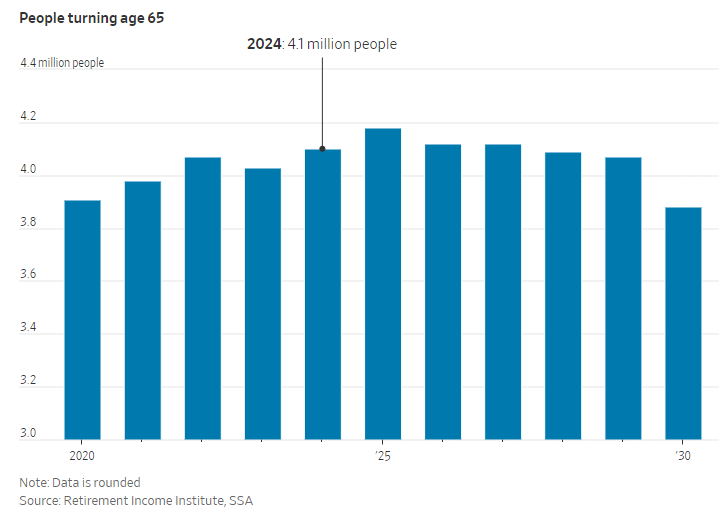Maximizing Financial Security: When Are Financial Advisors Truly Worth It?

Deciding the Right Time for Professional Financial Guidance
A thoughtful inquiry from a reader highlights a crucial decision many face: determining the optimal moment to seek a financial advisor’s expertise. As retirement approaches, this question gains urgency, resonating with many planning their financial futures.
The demographic landscape is shifting significantly, with a record number of Americans entering retirement. This trend signals a burgeoning demand for financial advisory services, set against the backdrop of the baby boomers’ considerable wealth. The wealth management sector stands on the cusp of expansion, driven by a generation preparing for retirement in unprecedented numbers.
Table of Contents:
- Introduction
- When Financial Advisors Become Essential
- Life-Changing Events
- Increasing Financial Complexity
- Time and Interest Constraints
- Sole Financial Management Risks
- Post-Mistake Recovery
- Major Financial Decisions
- Goal Setting and Financial Planning
- Timing Your Engagement with a Financial Advisor
- Conclusion
When Financial Advisors Become Essential
Life-Changing Events: Major life transitions necessitate professional financial guidance.
Increasing Financial Complexity: As wealth accumulates, managing it becomes increasingly complex.
Time and Interest Constraints: For those too busy or uninterested in managing their finances, advisors offer a valuable solution.
Sole Financial Management Risks: Dependence on a single family member for financial management poses significant risks.
Post-Mistake Recovery: The need for professional advice often becomes apparent after costly financial errors.
Major Financial Decisions: Professional advisors provide clarity in the face of complex financial choices.
Goal Setting and Financial Planning: Advisors align financial strategies with personal aspirations, enhancing life satisfaction.
Timing Your Engagement with a Financial Advisor
The decision to seek a financial advisor is personal and varies by individual needs. Engaging in discussions with potential advisors allows for careful selection without commitment, ensuring a partnership based on trust and mutual understanding.
Conclusion
Identifying the right time to engage a financial advisor is crucial for financial health and personal well-being. Whether facing retirement, significant life changes, or seeking financial optimization, professional guidance can pave the way to financial security and fulfillment.
FAQs:
Q: How do I know when it’s time to hire a financial advisor? A: Consider hiring a financial advisor when facing significant life changes, increased financial complexity, or when you need specialized guidance for making major financial decisions.
Q: Can I manage my finances without an advisor? A: Many can manage their finances independently; however, advisors offer valuable insights and strategies, particularly for complex situations or significant financial decisions.
Q: What should I look for in a financial advisor? A: Look for advisors who are trustworthy, have a proven track record, and whose financial planning approach aligns with your personal goals and needs.
Q: Is it too late to hire a financial advisor if I’m close to retirement? A: It’s never too late. An advisor can provide critical guidance for optimizing your retirement planning, even if you’re nearing retirement.




